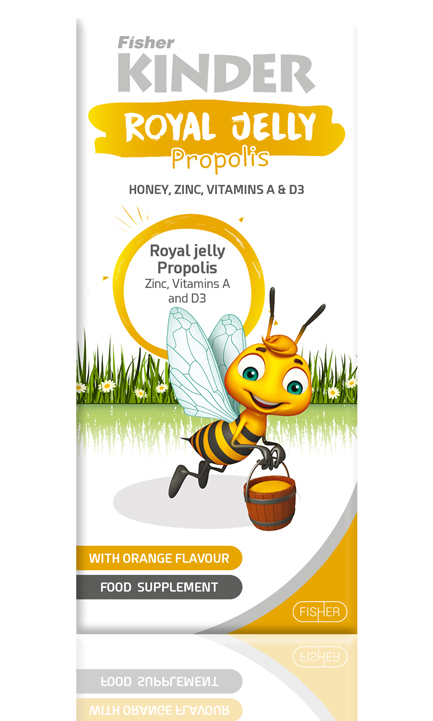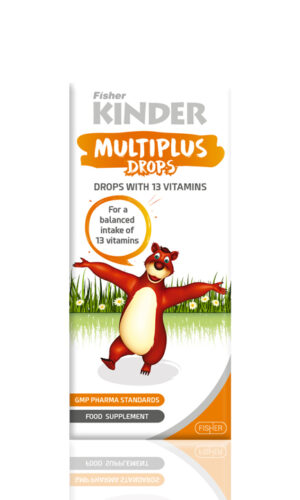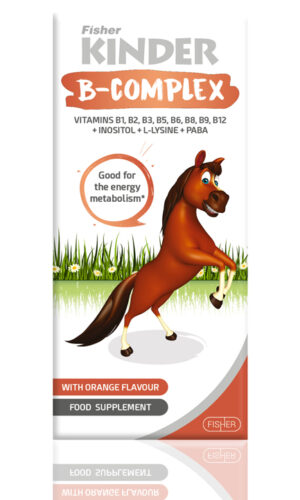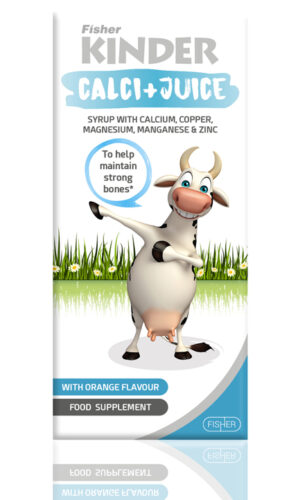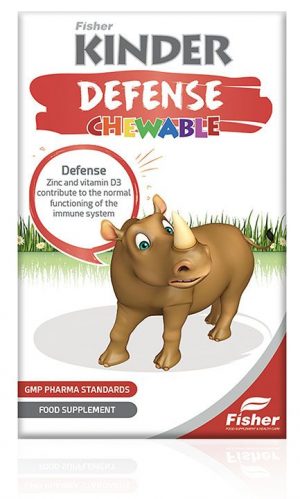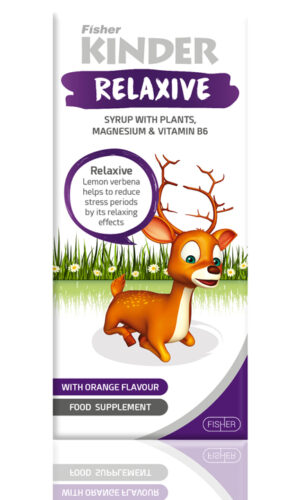Royal jelly is a natural powerful ingredient that maintains the natural defense mechanism and immunity. Propolis helps during the cool season and helps the upper respiratory tract. Zinc is an important element in the functioning of the immune system but also in cognitive function. Vitamins A and D3 also help to ensure normal functioning of the immune system. Vitamin D3 also contributes to maintain normal muscle function.
Nutritional table
| Nutrients |
Per 10 ml |
% Reference Intake |
| Propolis |
200 mg |
– |
| Royal Jelly |
200 mg |
– |
| Vitamin A |
500 µg |
62% |
| Vitamin D3 |
10 µg |
200% |
| Zinc |
10 mg |
100% |
Shake bottle before use. Ready to consume pure or with fruit juice. Children 3 to 12 years old: take 1 teaspoon (5ml) per day. Teenagers and adults: take 2 teaspoons (10ml) per day or as directed by your physician.
This food supplement does not replace a balanced and varied diet or a healthy lifestyle. Do not exceed the recommended daily dose. Keep out of reach of children. Seek medical advice before using if you are pregnant, breast-feeding, suffering from food allergies or under medical supervision. Don’t use if you have asthma or existing hypersensitivity to bee products.
Store in a cool, dry place, and keep away from heat. After opening, keep in the refrigerator (2°C – 8°C). For consumption up to one month only.

